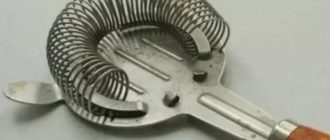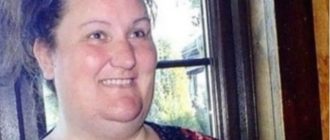When Laura’s father passed away, she thought she knew everything about the man who raised her. He had been steady, kind, and private — never one for surprises. But grief has a way of unearthing what’s hidden, and Laura discovered that when she finally forced herself to clean his old study.
The room smelled of paper and dust, the air heavy with the silence of things left behind. His desk stood at the center, a worn oak piece that had been in the family for decades. Laura opened the drawers one by one, finding pens, notebooks, and old receipts. But in the bottom drawer, tucked beneath yellowed envelopes, she found something unexpected.
A small velvet pouch.
Her hands shook as she loosened the cord. Inside was a set of keys. Not ordinary house keys, but old-fashioned, heavy iron ones, each a different size. They jingled softly in her palm, as if whispering secrets of their own.
Attached to the key ring was a note in her father’s unmistakable handwriting:
“For the door you were never meant to open — until now.”
Laura’s pulse quickened. What door? She searched the study but found nothing unusual. Yet something in her father’s words told her exactly where to go.
In the basement, behind stacks of boxes, was a narrow wooden door she had always assumed was just part of the storage area. Her father had kept it locked her entire life, brushing off her questions with vague answers.
Now, standing in front of it, the keys in her hand, she felt a chill run down her spine. She slid the largest key into the lock. It turned with a heavy click.
The door creaked open, and Laura’s breath caught.
Inside was a small, hidden room. Not empty — but filled. The walls were lined with shelves stacked with journals, photographs, and boxes neatly labeled with dates. In the center stood a wooden chest, its lid slightly ajar.
Laura picked up one of the journals. On the first page was her father’s name — and beneath it, her own. Page after page, he had written about her life in secret detail: her first steps, her school recitals, even the times she thought he hadn’t noticed her struggles as a teenager. Every entry ended with words of love he had never spoken aloud.
Tears blurred her vision. She had always thought her father was distant, even reserved. But here was proof that he had been watching, loving, and recording everything — just in his own quiet way.
But that wasn’t all.
In the wooden chest, Laura found a bundle of letters. They were addressed not to her, but to a woman she didn’t know. Carefully, she unfolded the first one.
“Dearest Anna,” it began, “I wish things had been different. I was never allowed to see you again, but I hope one day Laura will understand.”
Laura’s heart stopped. Anna was her mother’s name. But her mother had died when Laura was a baby. Who was this letter really meant for?
Her hands trembled as she read further. She realized the truth: her father had written hundreds of letters to her mother after her passing, letters he had never mailed, filled with grief, longing, and love. The room wasn’t just a record of Laura’s life — it was a sanctuary of memory, a place where her father had poured out everything he couldn’t say aloud.
Laura sank to the floor, clutching the keys. All her life, she had believed her father carried silence because he had nothing to say. In reality, he carried silence because his heart had been overflowing.
The hidden room revealed not betrayal or secrets of shame, but something far more profound: a love so deep it had needed its own private world to survive.
That night, as Laura locked the little door again, she whispered into the dark:
“Now I understand, Dad. Now I know.”







